A beginner's guide to exercising with diabetes
Exercise is key to managing diabetes. Use these tips to get started.
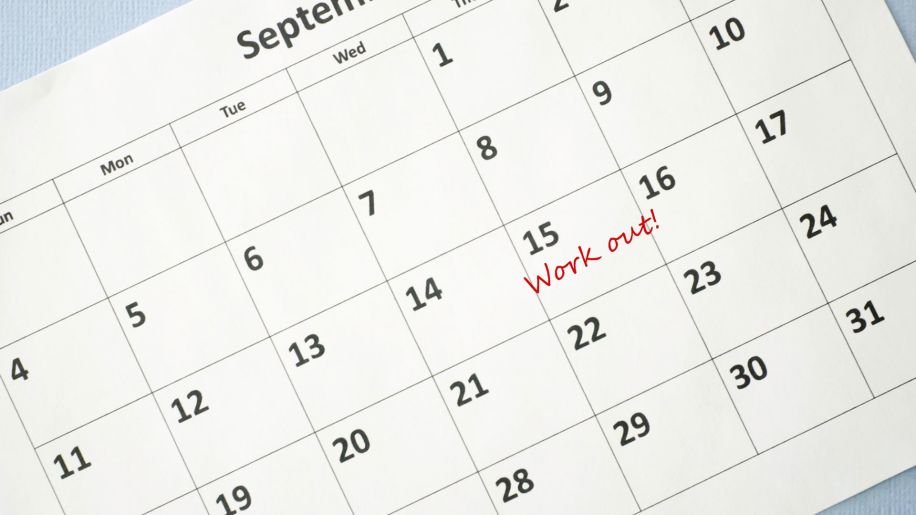
Undeniable Benefits
Regular exercise is a key component to overall health, and it's especially important for people with diabetes.
The American Diabetes Association encourages physical activity to improve overall health, protect against heart disease, and fight depression. Exercise can also lower blood glucose levels, increase energy levels, and help maintain a healthy weight.
For many of us, exercise seems intimidating. But getting started isn't as hard as you think.

Talk to Your Doctor
Before starting a new routine, talk to your healthcare provider. Tell them you want to begin an exercise program, and ask about benchmarks to set, what types of exercise are recommended, and what types of exercises you may want to avoid. Discuss what foods to eat before, during, and after exercise.
Your healthcare provider will help you understand how to exercise safely and avoid injuries. This is especially important if it has been a while since you exercised regularly.

Set Realistic Goals
Goal setting is a great way to get motivated. Fitness expert Jason Karp, PhD, says goals should be challenging, but attainable.
"Goal setting is very important because it gives people direction," says Karp, author of Running for Women. "If a goal is unattainable or unrealistic, that only leads to disappointment."
Whether your goal is to run a 5K or lose 10 pounds, consider your abilities and limitations. And don't compare yourself or your goals to others. Focus on what you can do. Once you've set a goal, plan smaller goals to keep you motivated along the way. Each time you meet a short-term goal, it's a success that can help you stay motivated to reach your overall goal.
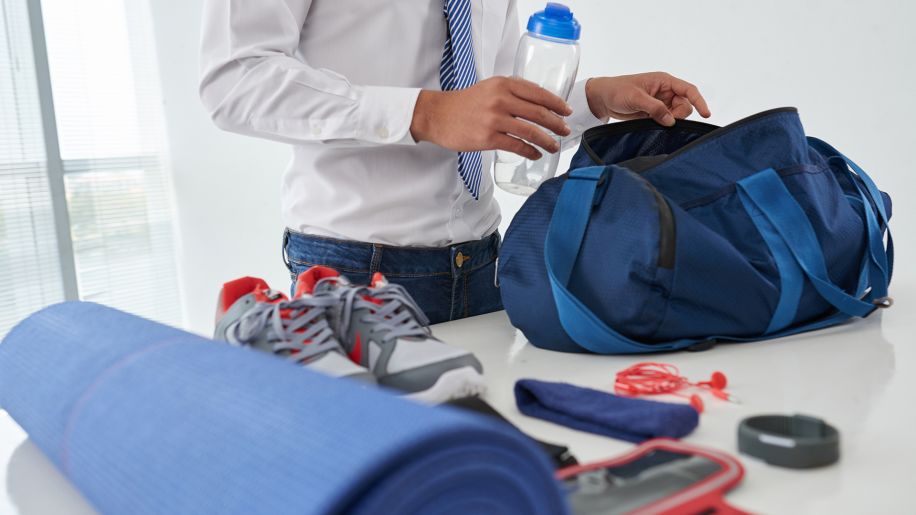
Plan Ahead
A successful exercise routine takes planning. The more you plan, the easier it will be to make a lasting change.
Prepare your workout clothes and shoes the night before. Pack your gym bag with a change of clothes and other post-workout essentials. Finally, map out your exercise plan. Know which days you'll work out and what exercises you'll do.
For people with diabetes, nutrition before, during, and after exercise is important. The American Diabetes Association suggests carrying a source of carbs in case your blood sugar runs low, and to have water and snacks handy during your activity.

Start Slow
Many of us try to do too much too soon.
"If you're new to exercise as a whole, then you need to be sure to start simple and start smart," says Jonathan Penney, a National Academy of Sports Medicine trainer.
Pushing yourself too hard can mean you're too tired and sore for your next workout, and can even lead to injury. It's best to increase exercise levels gradually.
Start with just 10-15 minutes of exercise a day. If you've very new to exercise, walking may be the best beginner exercise for you. Over time your fitness level will grow and you'll be able to increase your distance, endurance, and intensity. No matter what exercise you choose, start slow and give yourself time to adapt.
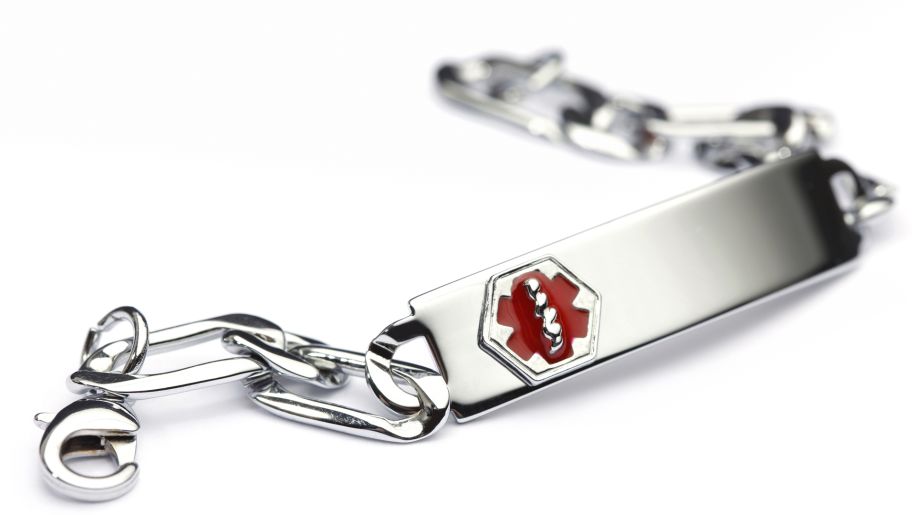
Wear a Medical ID Tag
Cell phones and driver's licenses are good to have when you work out, but people with diabetes should also wear a medical identification tag or diabetes bracelet.
"It is wise to carry some form of identification showing that you are diabetic," says registered dietitian Shannon Butler, who has experience with diabetes education and self-management.
Medical IDs will let emergency medical providers know that you have diabetes should you have a complication or need assistance during exercise. This will help you get the best treatment and support. It's also a sign to others that people with diabetes can have healthy, active lives with the proper plan and care.

Get Social Support
If you're struggling to stay motivated, find social support. This can mean exercising with with family and friends. It can also mean participating in a fitness class.
"Working out with friends can be fun," says fitness expert and personal trainer, Michelle Cleere, PhD. "If you're starting an exercise program you should have fun!"
Even one workout partner can make a big difference, providing accountability and positive reinforcement.

Track Your Progress
Whether you log exercise through a fitness watch, a phone app, or in a handwritten journal, it's important to keep track of your workouts.
"It is harder to have a clear vision when you are not tracking your progress," says Jeremiah Forster, a fitness expert and National Academy of Sports Medicine elite trainer.
Fitness trackers and workout logs can show how far you've come or point out areas that need improvement. Log everything from the workouts you do to how you feel and what you eat. These are all important records that can keep you motivated, remind you of what you've accomplished, and help you monitor your health.
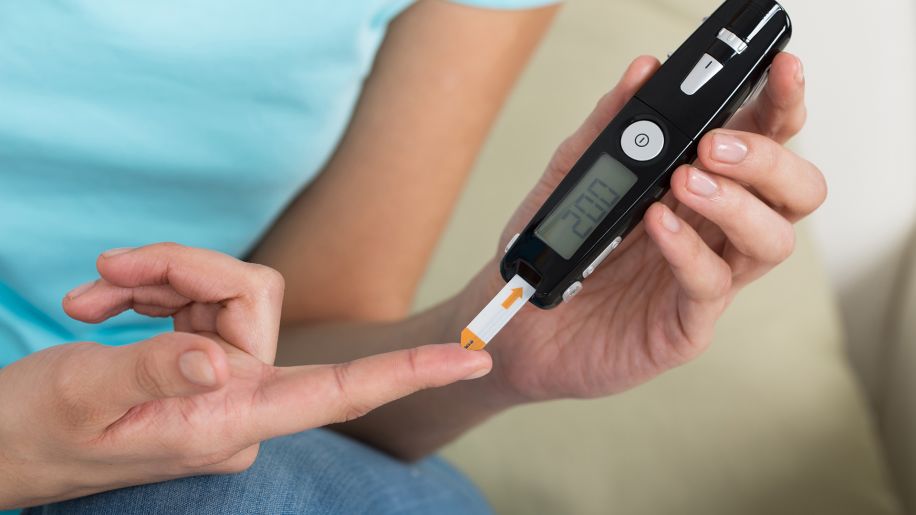
Monitor Your Blood Sugar
Test your blood glucose before exercising.
If your blood glucose is below 90 mg/dL, you may need a pre-exercise snack. If it is above 250 mg/dL, you may need to take special precautions. Ask your healthcare provider for instructions.
Also, avoid insulin injections before exercise. These may increase insulin absorption and cause low blood sugar levels.
Keep in mind that exercise can influence your blood glucose levels up to 24 hours after the activity. Some people may require less insulin in the long-term because exercise can increase insulin sensitivity.
If you have any questions or concerns, your healthcare provider will be your best source of information.

Don't Forget Rest Days
Everybody needs a break sometimes.
Rest days are just as important as workout days. Rest days are key for muscle recovery and injury prevention. Rest days cal also allow us to get more sleep or to focus on mental rest from stress and fatigue.
You can also balance light workouts with more challenging workouts. This healthy mix will help your body stay healthy and feel energized long term.

American Diabetes Association. Setting Realistic Goals.
Katherine D. McManus. Why keep a food diary? Harvard Health Publishing. January 31, 2019.
Jack F. Hollis, Christina M Gullion, et al. Weight loss during the intensive intervention phase of the weight-loss maintenance trial. American Journal of Preventive Medicine, 2008. Vol. 35, No. 2.
Kristen A. Carter. Small Changes for Health: Not So Fast. Psychology Today. September 2, 2020.
Harvard T.H. Chan School of Public Health. Healthy Eating Plate.
Centers for Disease Control and Prevention. Eat Well.
American Diabetes Association. Eating right doesn't have to be boring.
Centers for Disease Control and Prevention. How People with Diabetes Benefit from DSMES.
Margaret A. Powers, Joan Bardsley, et al. Diabetes Self-management Education and Support in Type 2 Diabetes: A Joint Position Statement of the American Diabetes Association, the American Association of Diabetes Educators, and the Academy of Nutrition and Dietetics. Clinical Diabetes, 2016. Vol. 34, No. 2.
Featured Content
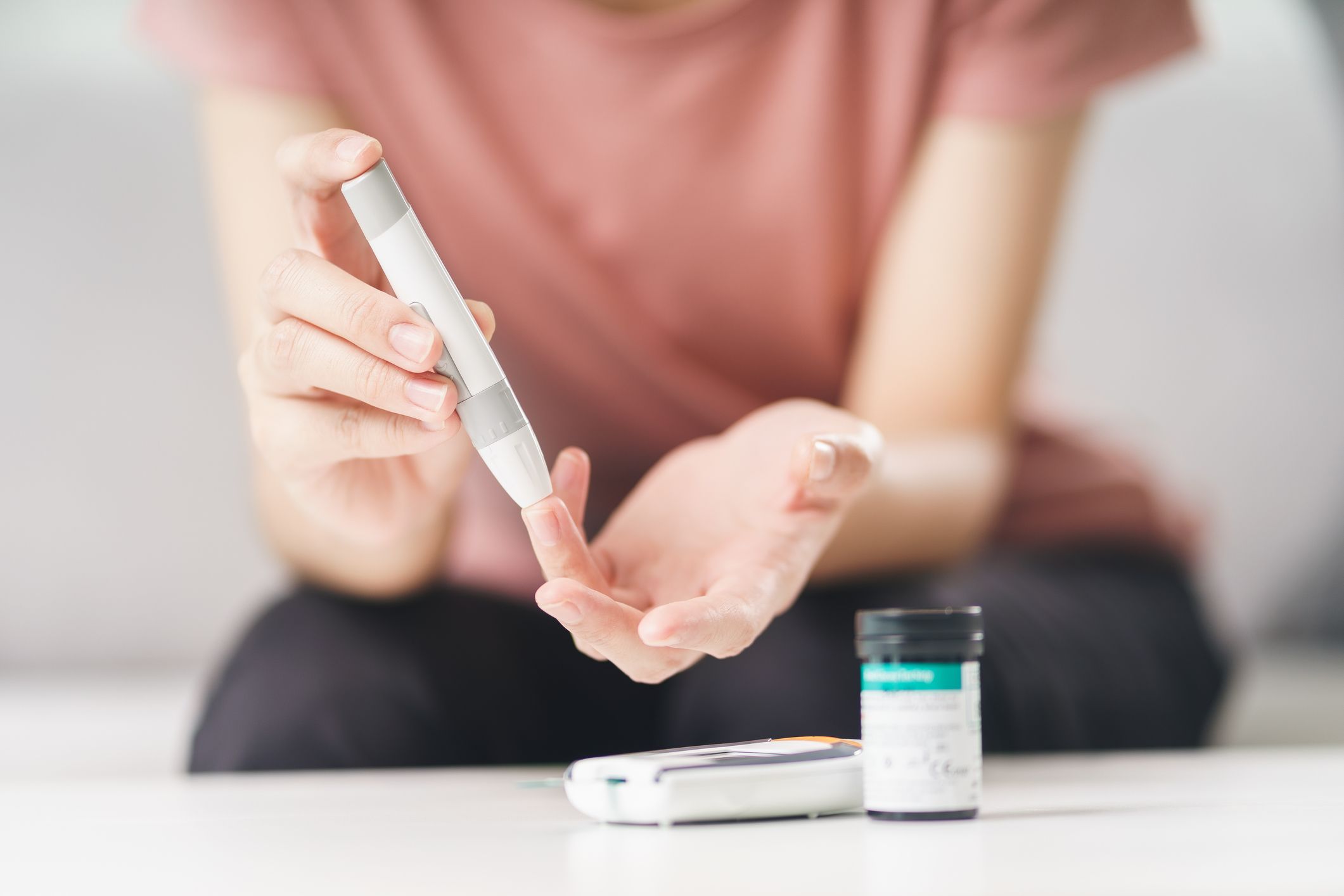
article
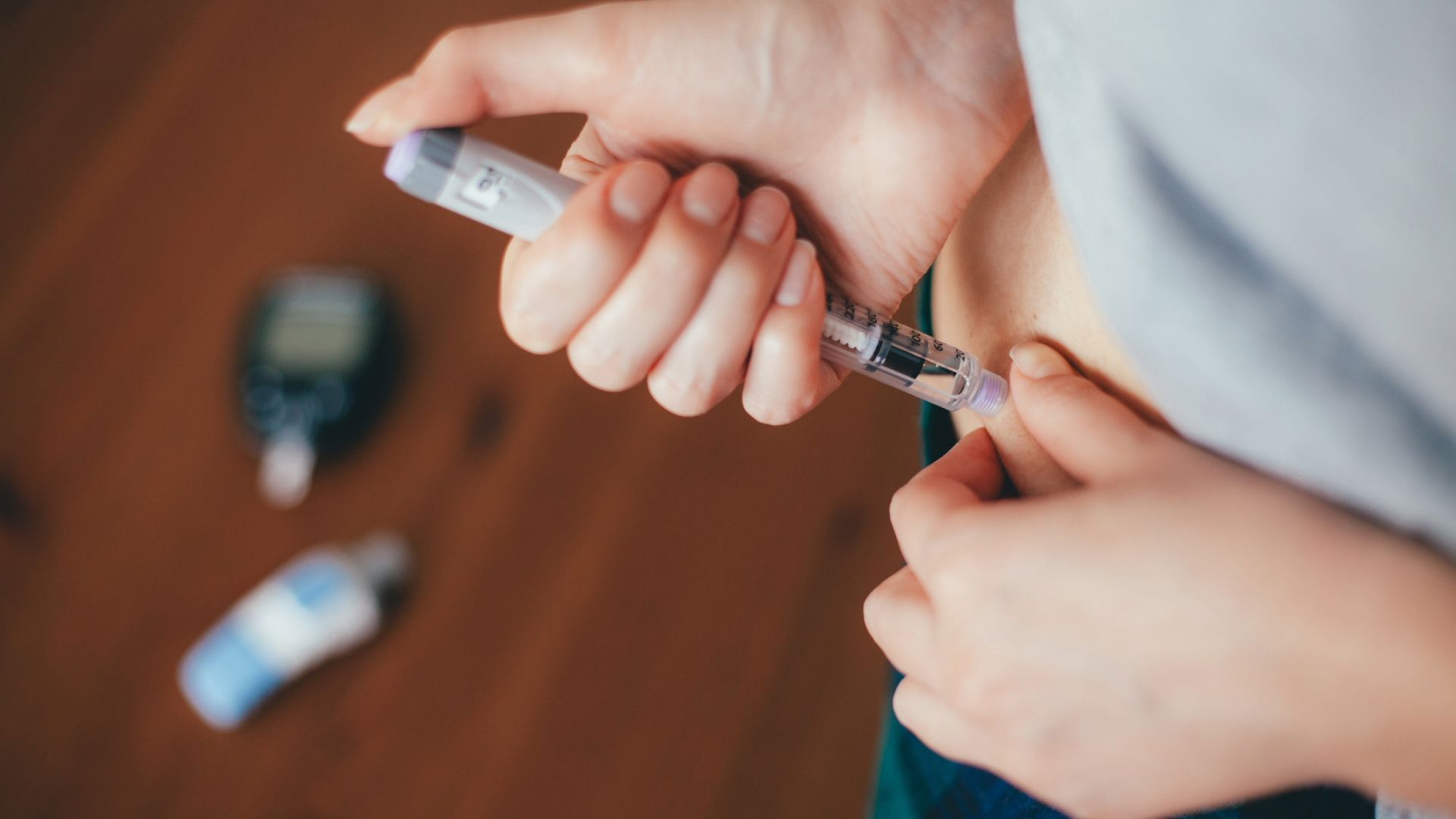
article

slideshow

slideshow
